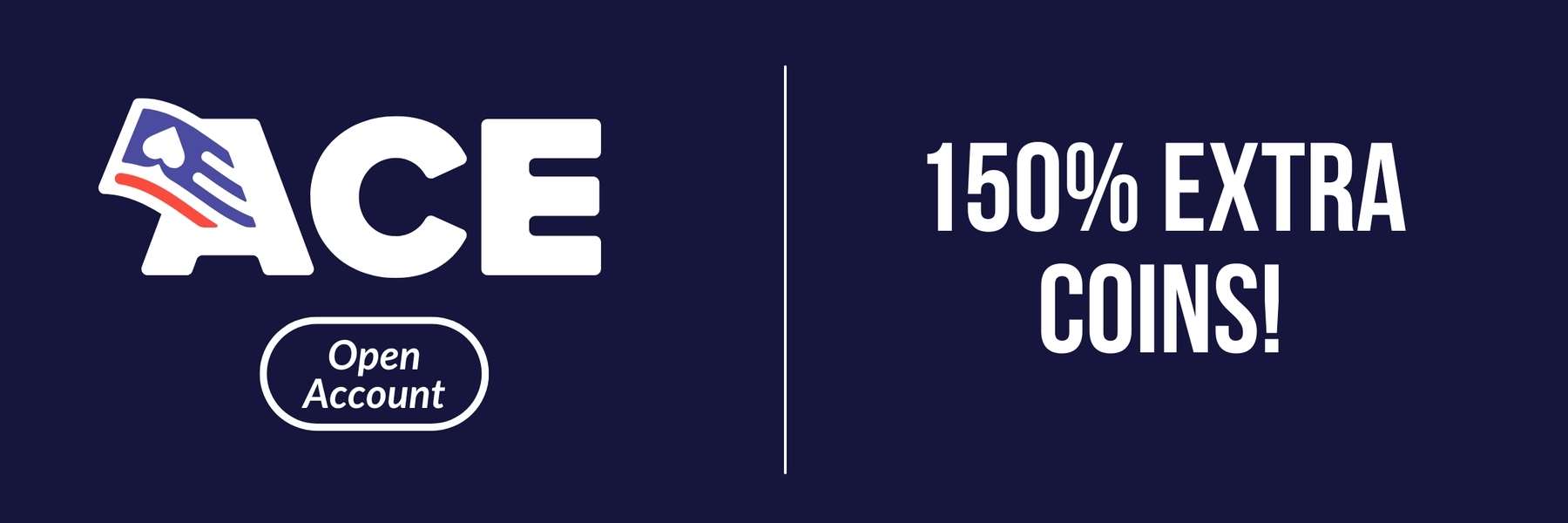March Madness is one of the most exciting sporting events of the year, and millions of people fill out brackets hoping to win their office pool or an online contest. However, many believe that they need in-depth basketball knowledge or a sophisticated statistical model to have a chance at success. The good news? You can still gain an edge over others in your pool, even if you know nothing about the sport. Here's how.
1. Follow the Numbers, Not the Hype
If you simply pick the higher-seeded team in every game, your odds of beating any one person in a standard pool are around 75-80%. This is a strong edge, as many casual players make emotional picks based on school loyalty, media narratives, or gut feelings. While this strategy may make your bracket look boring, it positions you well to win in smaller pools where minimizing risk is key.
2. Understand the Pool Dynamics
Who you are competing against matters as much as what teams you pick. If you're in a local pool where a particular school has a strong following (e.g., UCLA students mostly picking UCLA to win), fading that team in favor of another top contender gives you a significant edge. This principle applies to any tournament setting: if a team is overrepresented in your pool, it's a smart play to choose a different champion.
3. Don't Fall for Common Myths
There are countless bracket "rules" that circulate every year, such as always picking a 12-seed over a 5-seed in the first round. However, large data sets show that while 12-seeds do pull off upsets, they are slightly less likely to win than 11-seeds and only slightly more likely than 13-seeds. Instead of picking an upset just for the sake of it, let statistical probabilities guide your choices.
Similarly, avoid blanket rules like "always have a 13-seed in the Sweet 16." If all the 13-seeds are heavy underdogs, forcing one into the second round is an unnecessary gamble.
4. Adjust Your Strategy Based on Pool Size
Your approach should change depending on the size of your pool:
- Small pools (10-75 people): Stick with the chalk (favorites). Don’t overcomplicate things—picking one of the top teams to win and making logical picks will give you a strong chance.
- Medium pools (75-150 people): You can start to introduce slight contrarian elements, such as fading a popular champion if you think too many people in your pool will pick them.
- Large pools (1,000+ people): Chalk strategy becomes less effective. In massive pools, you need to differentiate yourself by making calculated upset picks and picking a champion that isn’t the most commonly selected team.
5. The Reality of a Perfect Bracket
If you’re dreaming of the perfect bracket, it's time for a reality check. The odds are astronomically low—so much so that you are more likely to be struck by lightning seven times in your lifetime than to pick every game correctly. Even major competitions that offer a billion-dollar prize for a perfect bracket have found that the cost to insure such a payout is only around $2,000, indicating how unlikely it is.
6. Final Strategy for Success
- Use analytics and probabilities rather than gut feelings.
- Understand the preferences of your pool and fade popular local teams when appropriate.
- Ignore common myths and make picks based on statistical reasoning.
- Adjust your strategy based on pool size—stick to favorites in small pools and take strategic risks in large pools.
By following these principles, you can maximize your chances of success in your March Madness bracket, whether you're a seasoned sports bettor or just a casual participant looking to gain an edge.
Scale Your Winnings With Betstamp PRO
Betstamp Pro saves you time and resources by identifying edges across 100+ sportsbooks in real-time. Leverage the most efficient true line in the industry and discover why Betstamp Pro is essential for top-down bettors.
Limited number of spots available! Apply for your free 1-on-1 product demo by clicking the banner below.















